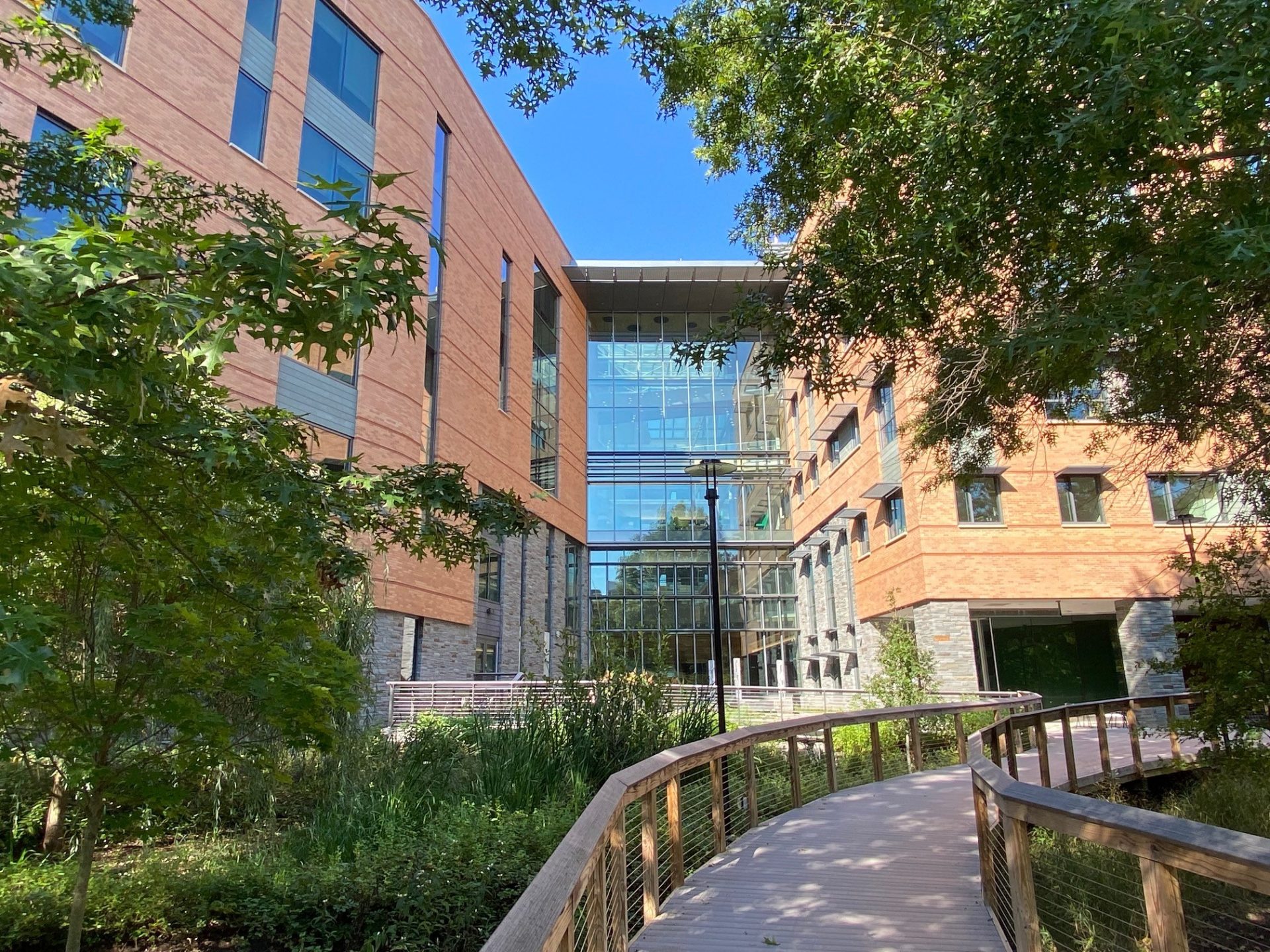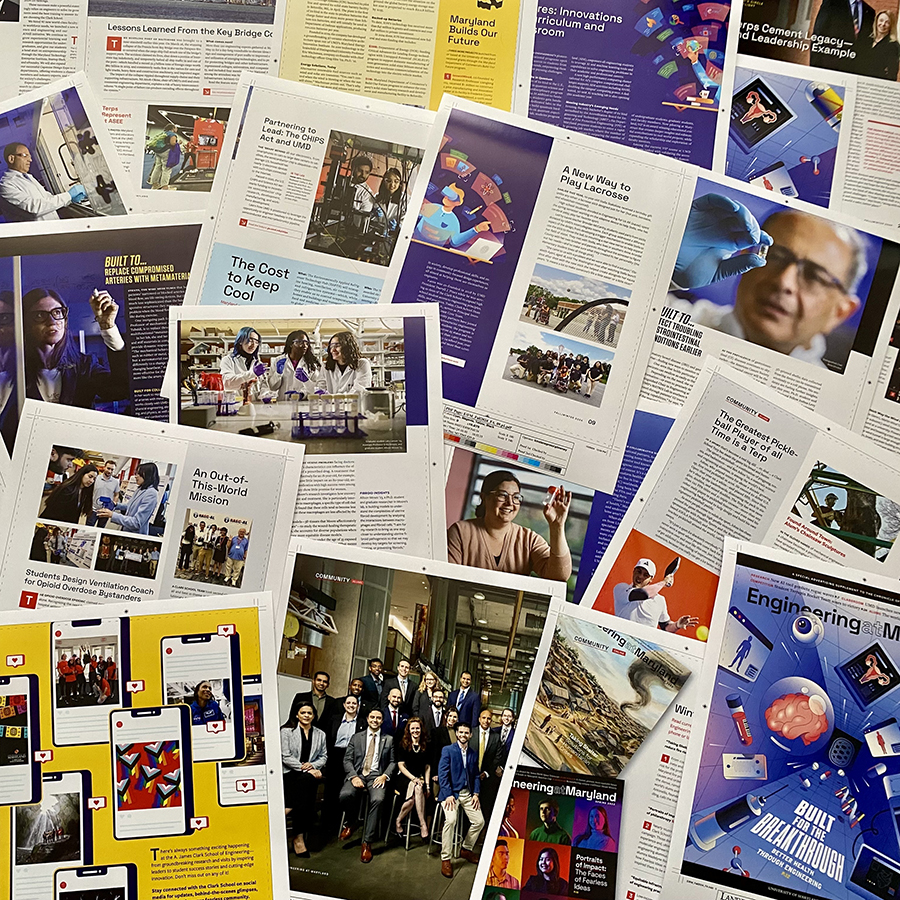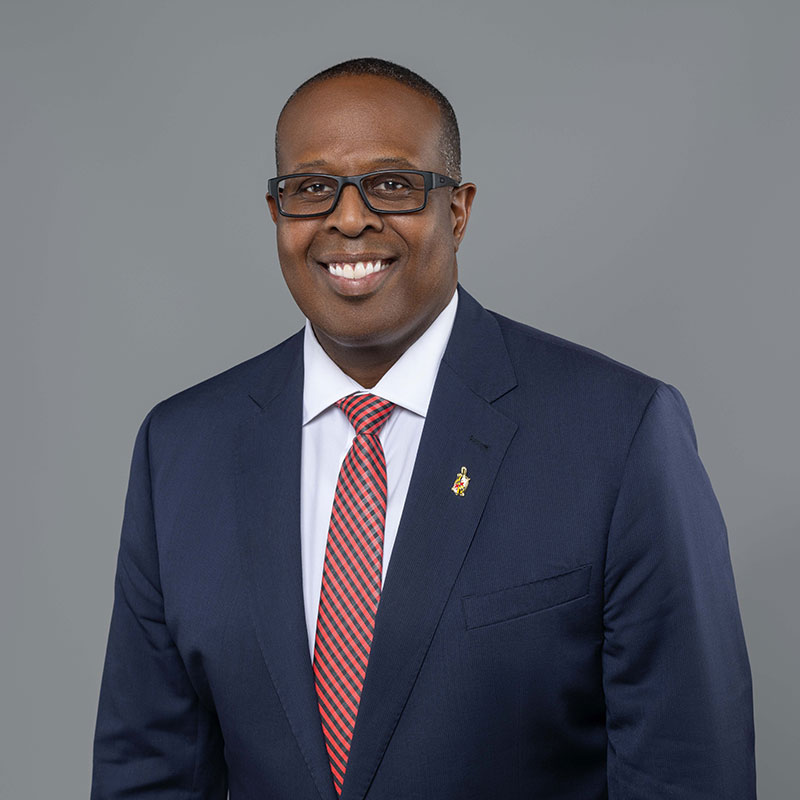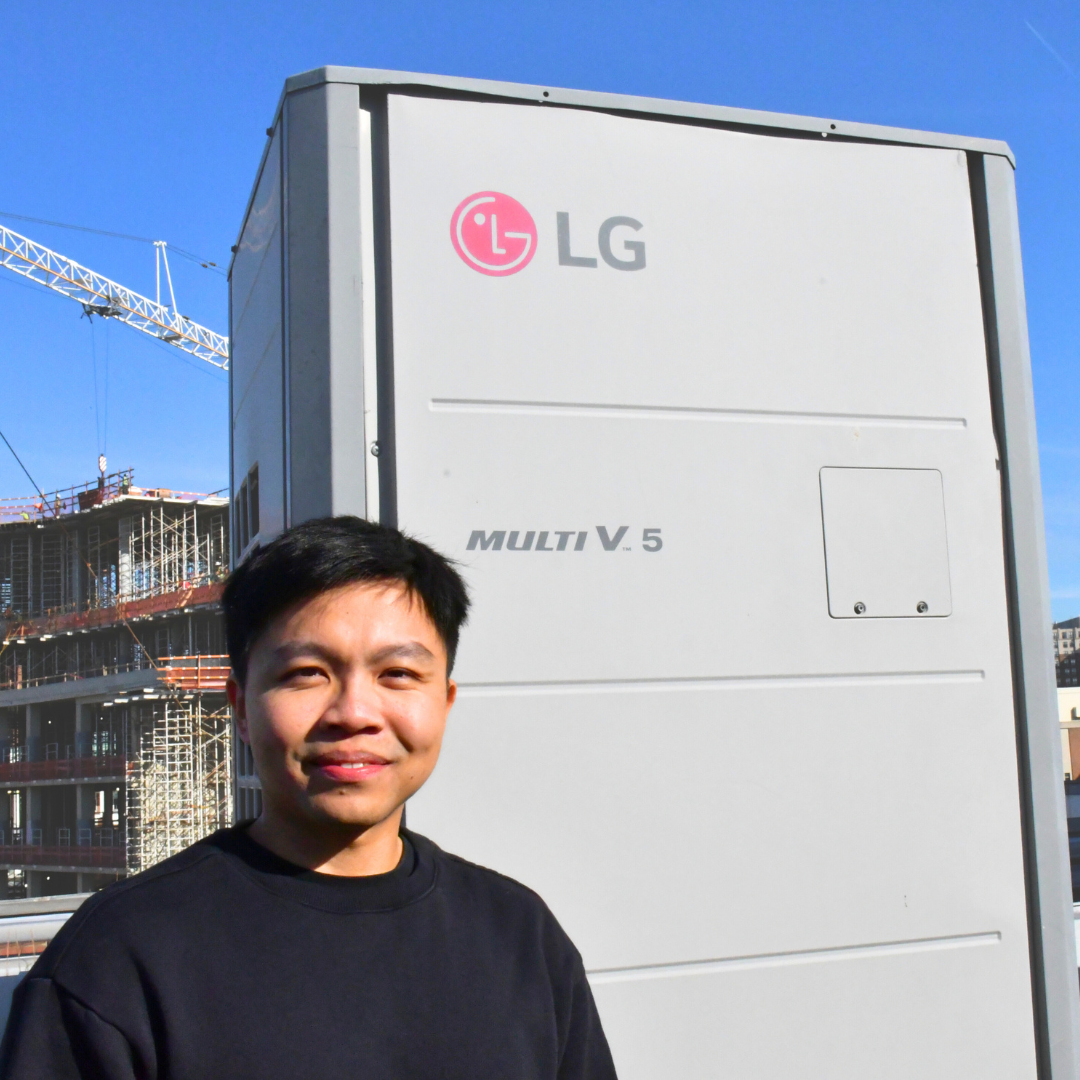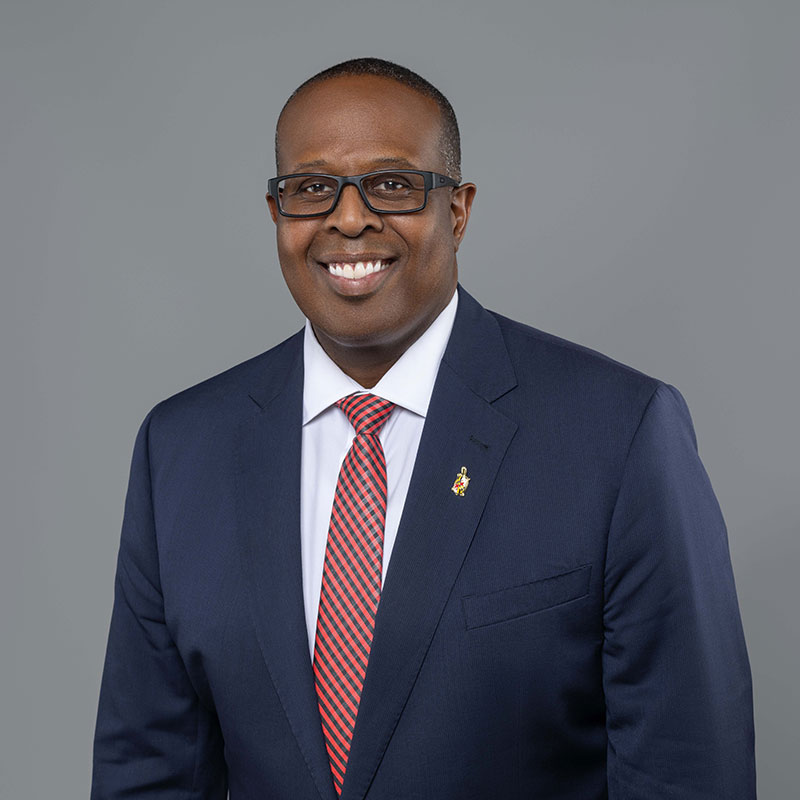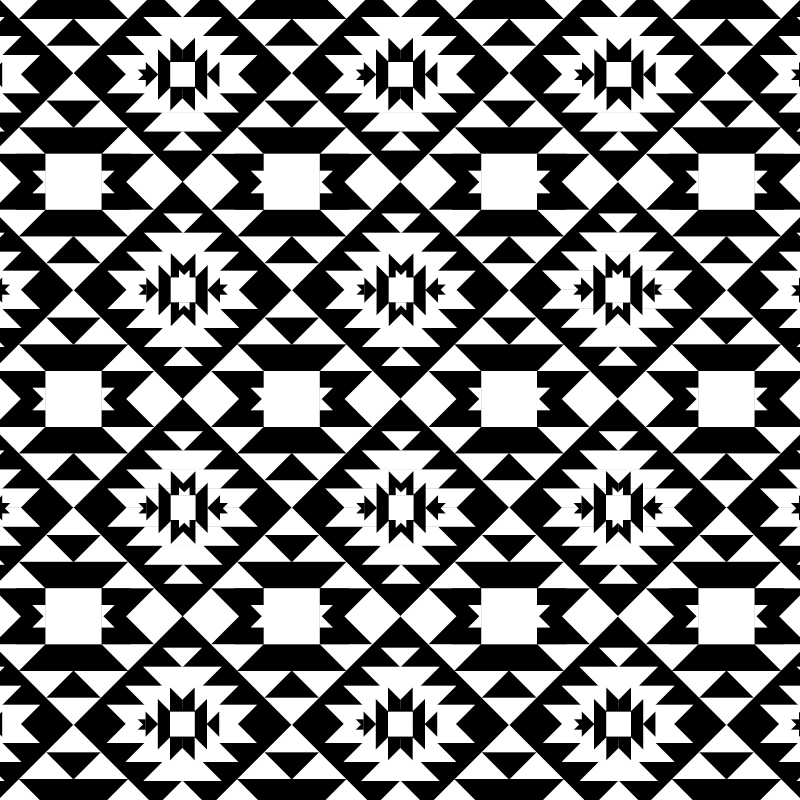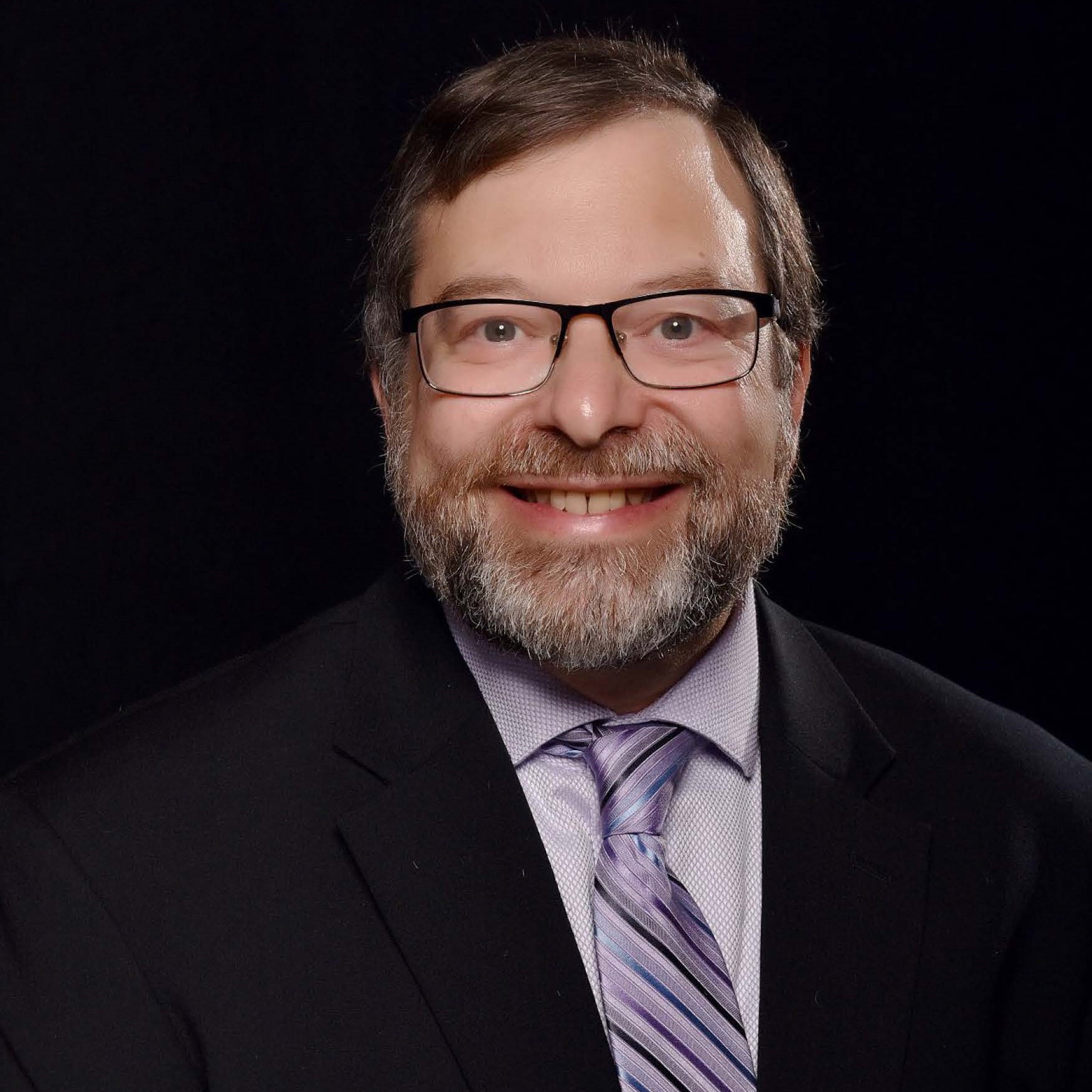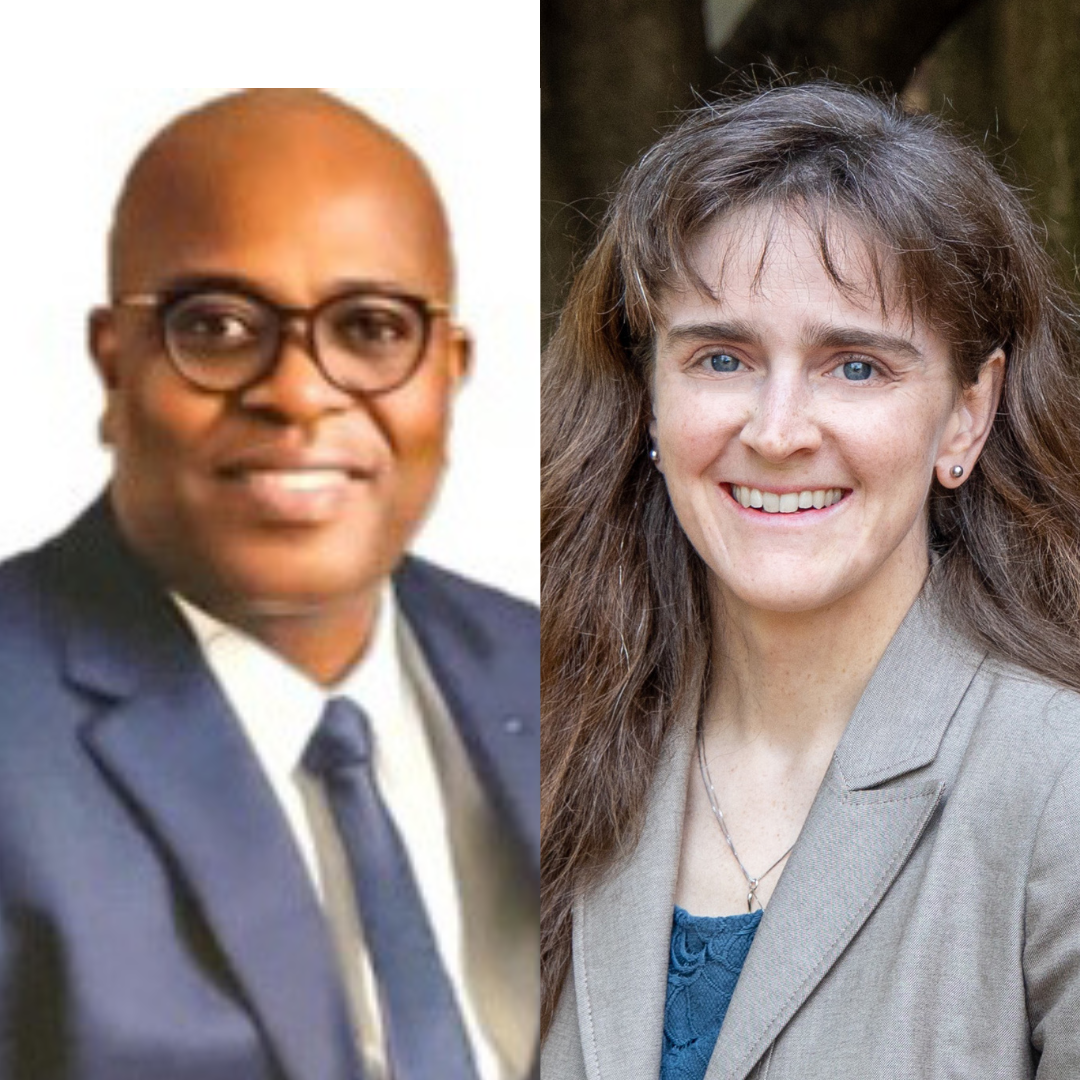News Story
BioE Hosts Teachers in NSF-Sponsored Program
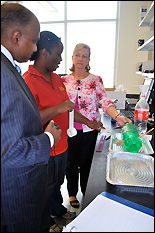
High school educators Prem-Raj Ruffin (Friendship Public Charter Schools, left), Andrea Robertson (Wheaton High School, center), and Marcia Dalton (Danville High School, right) rehearse a math experiment in Assistant Professor Ian White's lab.
BioE affiliate professor and Clark School Director of STEM (Science, Technology, Engineering and Math) Education Dr. Leigh Abts (College of Education), who has been involved with the NSF's RET program since its inception nine years ago, leads the BioE effort and coordinates activities with James Groves, the UVA School of Engineering and Applied Science's Assistant Dean for Research and Outreach. The teachers, who are recruited from Maryland, Virginia and the District of Columbia, select the specific project and campus on which to work.
This summer, the teachers are working on two projects: the development of an engineering-oriented math course high school students can take for college credit, and an introduction to engineering course inspired by the Clark School's own ENES 100, the freshman engineering design course.
"BioE was a natural choice for hosting the RET because it is so interdisciplinary," says Abts. "[BioE Professor and Chair] Bill [Bentley] has been very supportive." He also cites the support of the Clark School's Keystone program, which is dedicated to excellence in the teaching of fundamental engineering courses and the retention of students. Keystone Professor Sheryl Ehrman (chemical and biomolecular engineering and affiliate, BioE) has been advising teachers working on the introduction to engineering course.
"My favorite part of the experience has been the informal discussion with the teachers," she says. "I've learned a lot about the challenges they've faced in and out of the classroom."
The math course project has been organized by BioE Assistant Professor Ian White, and is hosted by his lab. There, teachers Tera Carter (Gretna High School), Marcia Dalton (Danville High School), Andrea Robertson (Wheaton High School), and Prem-Raj Ruffin (Friendship Public Charter Schools), part of the group assigned to the project, are rehearsing an experiment designed to teach students about differential equations and how they are used to solve problems in fluid dynamics. It uses a two-liter soda bottle, straw and catch pan to create a leak, and the bottle is marked at regular intervals to note the falling water level. Students will use software to process the data they collect and justify the formula that can be applied to the situation. The ultimate emphasis is on application: once the students learn the math, they'll take part in design-oriented projects the teachers will create based on the lessons learned.
"[The RET program] is giving me practical applications I can pull in while the students are learning a concept, so they can understand why they're learning it," says Dalton. Robertson agrees, noting that this particular experiment could be used in a discussion about the oil flowing out of the damaged well in the Gulf of Mexico.
Robertson, an engineer herself, hopes the program will ultimately influence the creation of Advanced Placement (AP) engineering courses. "Right now engineering is not specifically taught," she explains. "People know what it takes to be a doctor but not an engineer. Engineering is about the whole design process, and it's harder to assess. That's why the design projects are so important."
The math course, BIOE 100, will have its inaugural class at the Friendship Collegiate Academy Public Charter School in Washington, D.C. this fall. Students will be concurrently enrolled at UMD, and their tuition will be covered by a grant from the NSF. Alumna Jennifer Wolk (Ph.D. '10, materials science and engineering), who works for the Naval Surface Warfare Center, will co-teach the course. White and the K-12 educators are also studying how to implement the curriculum in Prince George's and Montgomery County high schools.
"This has been a great opportunity for these high school teachers to develop a 'hands-on' curriculum with an engineering context to supplement typical mathematics education," says White. "Their work will have a tremendous impact on the students who take this course and then pursue a college degree in engineering or other quantitative sciences."
Published July 26, 2010
